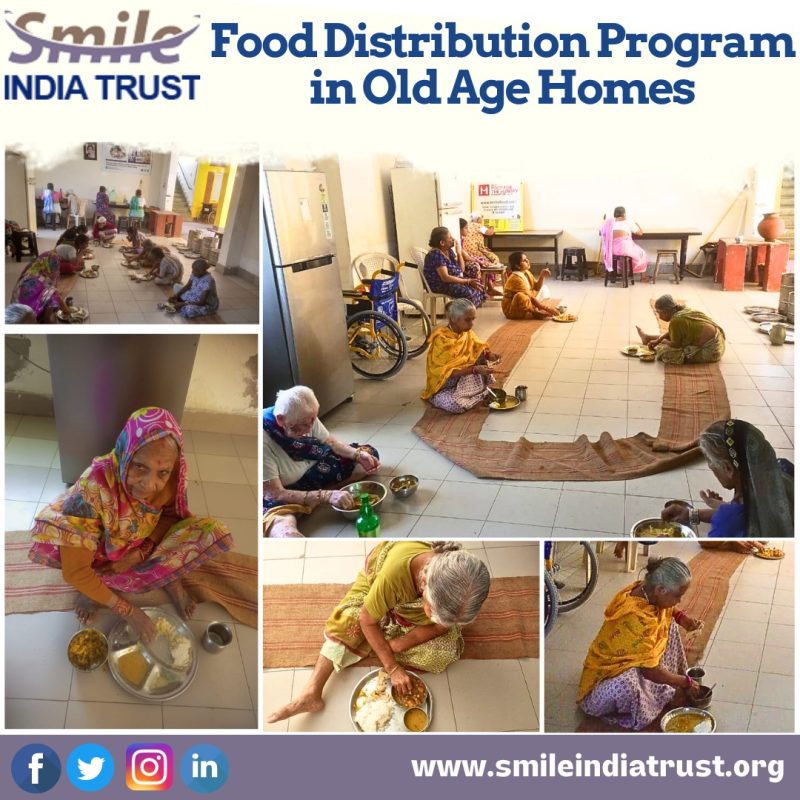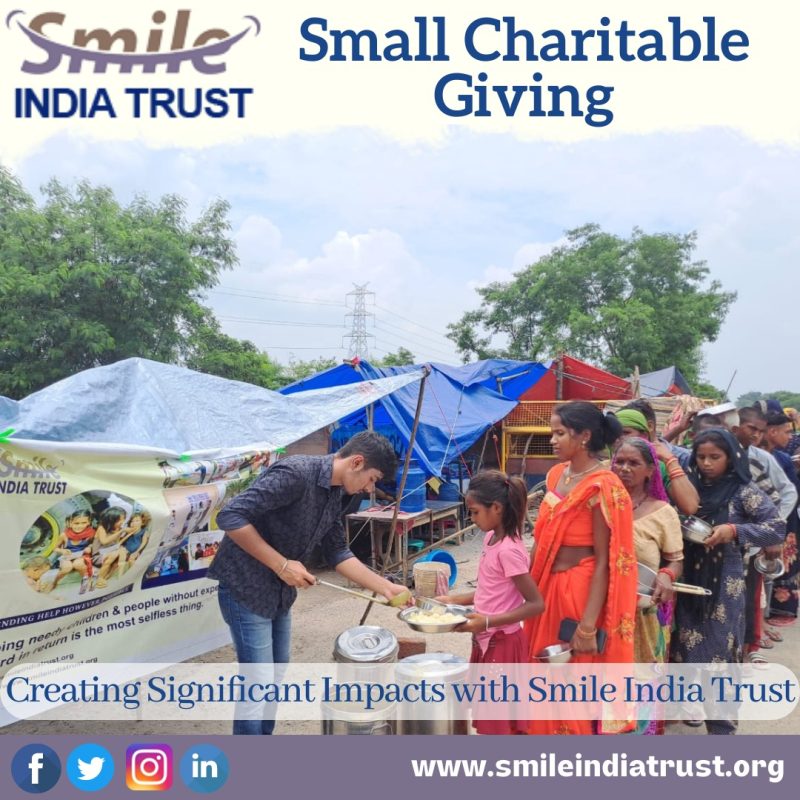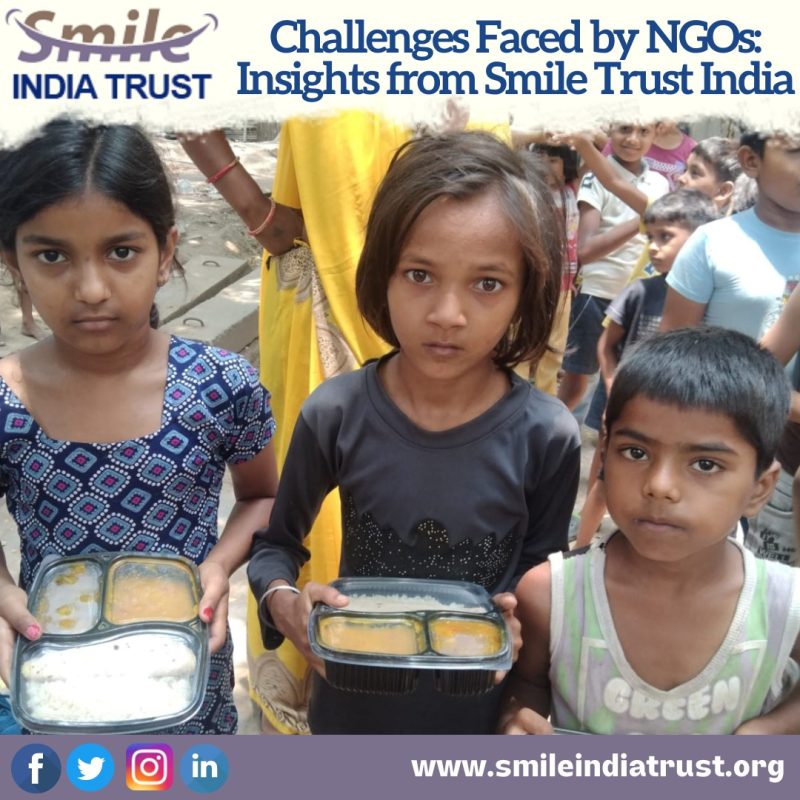The Smile India Trust NGO’s is an organization that focuses on various social causes in India. One of their initiatives includes food distribution in old-age homes. The organization knows the importance of providing nutritious meals to elderly individuals who may not have access to proper nutrition or support. Smile India Trust aims to ensure that […]
Monthly Archives: July 2023
In the realm of philanthropy, small charitable giving holds tremendous potential to bring about significant impacts. When directed towards organizations like Smile India Trust, even modest donations can create a ripple effect of positive change. Small charitable giving has the power to bring about significant impacts. Even a modest donation can make a difference in […]
With your positive support, we have been able to continue our welfare activities this month. It feels amazing to highlight our efforts in the hopes that it will motivate more people to come forward and help the defenseless. Our efforts for this month include special educational events in our rehab, free distribution of nutritional food, […]
Smile India Trust, a leading NGO in India, has been actively involved in addressing various social and environmental issues. Through their extensive work with NGOs across the country. They have gained valuable insights into the challenges faced by these organizations. This article aims to shed light on the common issues encountered by NGOs and explores […]



